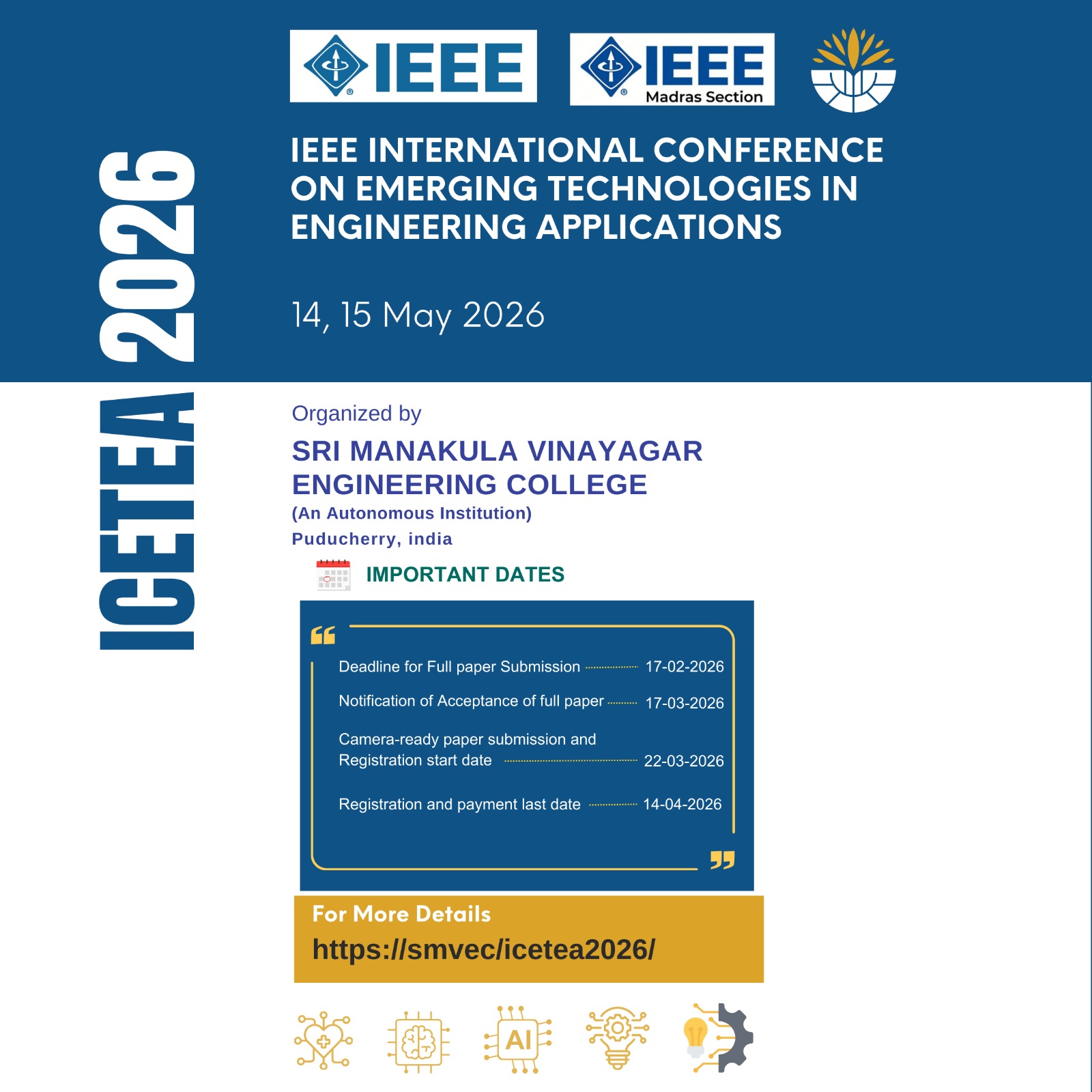Are you torn between choosing EEE or ECE for your engineering journey? Wondering which branch offers better career opportunities, future scope, and industry relevance? You’re not alone. The debate around EEE Vs ECE which is better, is a common dilemma among aspiring engineers. In this blog, we’ll explore the core differences, key subjects, future prospects, and more, helping you decide which path aligns best with your passion and goals.
What is EEE?
Electrical and Electronics Engineering (EEE) is a branch of engineering that deals with the study and application of electricity, electronics, and electromagnetism. This field integrates electrical engineering and electronics, making it a hybrid stream that includes power systems, control systems, and electronic devices.
EEE engineers are typically involved in:
- Designing and maintaining electrical equipment
- Working on power generation, transmission, and distribution
- Developing electrical control systems
From hydroelectric power stations to microprocessors, EEE covers it all.
What is ECE?
Electronics and Communication Engineering (ECE) primarily focuses on the design, development, and maintenance of communication systems, such as mobile networks, satellite systems, and internet infrastructure. ECE engineers work at the intersection of hardware and software, often pushing the limits of innovation.
ECE engineers are typically involved in:
- Designing communication equipment
- Developing microcontrollers and embedded systems
- Working on IoT, robotics, and telecommunications
Why Choose Electrical and Electronics Engineering (EEE)?
Electrical and Electronics Engineering (EEE) is a foundational discipline that powers nearly every sector of the modern world. From energy grids to electric vehicles, EEE is the invisible force driving progress. Here’s why pursuing a degree in EEE is a smart choice:
1. Diverse Career Opportunities
EEE graduates are highly versatile. They can find opportunities in core sectors like energy, manufacturing, and railways, as well as in emerging industries such as electric vehicles (EVs), smart grids, and renewable energy. From PSUs like NTPC and BHEL to global MNCs, the demand is vast.
2. Job Stability and Essential Relevance
Electricity is a basic human necessity. As long as the world needs power, there will always be a requirement for skilled EEE professionals. This makes it one of the most recession proof engineering branches, offering long term job security.
3. Scope in Government and Public Sector Units
Many students choose EEE because it opens the door to prestigious government jobs. Exams like GATE, IES, and UPSC often favour EEE grads for roles in DRDO, ISRO, Indian Railways, and state electricity boards.
4. Technological Versatility
EEE graduates often gain proficiency in embedded systems, programming, and control systems, skills that make it easy to transition into IT, automation, and software roles, especially in Industry 4.0 environments.
5. Global Opportunities
EEE professionals are in demand worldwide. With the global transition to clean energy and electrification, opportunities in countries like Germany, the USA, and the UAE are expanding.
Core Subjects in EEE
Here are some core subjects typically found in an EEE curriculum:
- Electrical Machines
- Power Systems
- Analogue and Digital Electronics
- Control Systems
- Electromagnetic Fields
- Microprocessors and Microcontrollers
- Electrical Measurements and Instrumentation
These subjects prepare students to tackle real-world electrical and electronic problems.
Why Choose Electronics and Communication Engineering (ECE)?
Electronics and Communication Engineering (ECE) is a dynamic and ever-evolving field that blends the realms of hardware and communication technologies. If you’re passionate about innovation and connectivity, ECE offers a rewarding path with limitless potential. Here’s why ECE stands out:
1. Access to Innovative Technology
ECE students and professionals often work with emerging technologies such as 5G, Internet of Things (IoT), Artificial Intelligence (AI), and robotics. This field drives the development of advanced gadgets, autonomous systems, and smart cities, giving graduates practical exposure to innovation.
2. Global Career Scope
Countries like the USA, Germany, Japan, and South Korea have a consistent demand for skilled ECE professionals. With increasing investment in semiconductors, defence electronics, and telecom R&D globally, ECE engineers find rewarding careers both in multinational companies and research institutions abroad.
3. Versatile Career Opportunities
ECE opens doors to various domains, including VLSI design, embedded systems, telecommunications, signal processing, and even software development. This flexibility allows graduates to explore careers in both core electronics and IT sectors.
4. Supportive Ecosystem in India
India’s telecom industry is the second largest in the world, and the government’s “Digital India” and “Make in India” initiatives are fuelling growth in electronics manufacturing and communication infrastructure, creating ample job opportunities.
5. Strong R&D and Higher Studies Pathway
ECE provides a solid foundation for research, paving the way for higher education in specialised areas like nanotechnology, satellite communication, or quantum computing, in India or overseas.
Core Subjects in ECE
Key subjects in ECE include:
- Signals and Systems
- Digital Communication
- VLSI Design
- Antenna and Wave Propagation
- Embedded Systems
- Analogue and Digital Circuits
- Wireless Communication
These subjects equip students to excel in communication and electronic design fields.
6 Key Differences Between ECE and EEE
Understanding the distinction between ECE and EEE can help clarify the question: EEE Vs ECE Which is better?
| Feature | EEE | ECE |
| Focus | Electrical and Electronics | Electronics and Communication |
| Core Areas | Power Systems, Electrical Machines | Communication Systems, Signal Processing |
| Curriculum | More electrical theory | More communication systems |
| Industry Applications | Power Generation, Automation | Telecom, IT, Embedded Systems |
| Job Roles | Electrical Engineer, Power Systems Analyst | Communication Engineer, VLSI Designer |
| Higher Studies | M.Tech in Power Systems, Energy Studies | M.Tech in Communication, Embedded Systems |
Which Branch Is Right for You?
Choosing between ECE and EEE depends on your interests and career aspirations. Here’s a quick guide:
Go for EEE if:
- You enjoy working with electrical machines and power systems.
- You’re interested in energy solutions and automation.
- You prefer stability and traditional industries.
Go for ECE if:
- You are excited about mobile communication, IoT, or chip design.
- You want to work in software as well as hardware domains.
- You’re keen on innovation and global tech trends.
Remember, there’s no definitive answer to the question EEE Vs ECE Which is better? It’s about what aligns with your interests and strengths.
How Positive is the Future of EEE and ECE?
Let’s analyse the growth prospects for both streams:
EEE:
- According to the IEA, the global electricity demand is expected to grow by 2.7% annually until 2040.
- Smart grids, electric vehicles, and renewable energy projects are major job creators.
ECE:
- 5G and 6G development, satellite internet, and smart cities are key growth drivers.
- The global electronics market is projected to reach USD 1.1 trillion by 2027 (Statista).
Clearly, both streams are riding the wave of technological evolution. So when we ask EEE Vs ECE Which is better?, we’re really asking: which future do you want to build?
SMVEC: Where Engineering Excellence Begins
At Sri Manakula Vinayagar Engineering College (SMVEC), engineering is a launchpad for innovation, leadership, and global careers. Our Complete Engineering programs are meticulously crafted to bridge academic theory with live industry applications, ensuring that students graduate not only with knowledge but with experience, confidence, and a competitive edge.
Why SMVEC is the Smart Choice for Aspiring Engineers
1) Expert Led Learning
Gain insights from highly experienced faculty, including seasoned industry professionals and researchers, who bring practical knowledge and mentorship into every classroom session.
2) Innovative Facilities
Learn by doing in fully equipped labs, advanced workshops, and innovation centres that mirror industry standards, empowering students with practical experience.
3) Strong Industry Connect
Benefit from strategic collaborations with leading companies through internships, industry visits, live projects, and expert seminars that align with current market trends.
4) Career Focused Training & Placement
With dedicated placement support, skill development programs, and industry ready training modules, SMVEC ensures you’re job-ready from day one. Our placement track record speaks for itself.
5) Beyond the Curriculum
Participate in technical symposiums, leadership camps, hackathons, research initiatives, and extracurriculars that promote holistic growth and innovation.
Our successful alumni network, with professionals thriving at Infosys, TCS, L&T, Ford, Zoho, Bosch, and more, is a testament to the transformative education SMVEC delivers. Join SMVEC, where engineers are made, leaders are born, and futures are built.
Final Thoughts
To wrap up, both EEE and ECE are powerful disciplines in engineering, each with unique advantages. Whether you choose to illuminate the world through electrical innovation or revolutionise communication systems, the possibilities are endless.
In the ongoing debate of EEE Vs ECE Which is better?, it’s crucial to remember that success depends more on passion, aptitude, and effort than the stream itself. Explore your interests, evaluate your career goals, and then make a choice that fuels your ambition.
FAQs:
1. What is the main difference between EEE and ECE in engineering?
The main difference lies in their focus areas: EEE deals with power generation, electrical systems, and core electronics, while ECE specialises in communication systems, embedded devices, and modern electronics. Both have unique career opportunities depending on your interest and skills.
2. Which has better job opportunities in India: EEE or ECE?
Both EEE and ECE offer strong job prospects in India. EEE graduates find opportunities in power companies, PSUs, and automation, whereas ECE graduates are in demand in telecom, IT, and electronics sectors. The better choice depends on the industry you want to enter.
3. Is ECE easier than EEE for engineering students?
ECE is often considered slightly more theoretical and software oriented, while EEE includes more complex mathematics and electrical machinery. However, difficulty varies by individual aptitude and interest. Choose the stream that aligns with your strengths and career goals.
4. Can EEE students work in IT companies like ECE students?
Yes, EEE students can work in IT companies, especially if they learn programming languages and software tools. Many IT firms hire from both EEE and ECE backgrounds due to their analytical and problem solving skills.
5. Which is better for higher studies: EEE or ECE?
Both branches offer excellent scope for higher studies. EEE students often pursue M.Tech in Power Systems or Renewable Energy, while ECE students can specialise in VLSI, Embedded Systems, or Wireless Communication. Choose based on your desired field of expertise.




